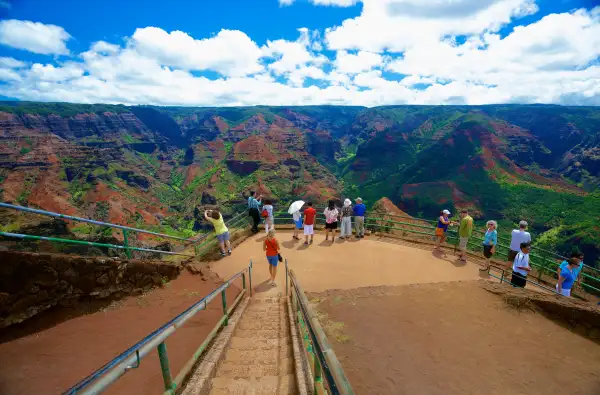The $10 Lifetime National Park Pass for Seniors Is About to Get a Lot More Expensive

For just $10, older Americans have been able to access all of the country's national parks for the rest of their lives.
But come Aug. 28, that fee will raise to $80.
On Monday, the National Park Service announced that it would be increasing prices for senior lifetime passes later this summer. The agency has offered its $10 lifetime senior park pass for American citizens who are 62 or older since 1994, and the price increase comes as a result of legislation approved by Congress in Dec. 2016 as a result of the National Park Service's centennial.
The pass grants lifetime entry to more than 2,000 sites and parks across the country. Those who purchase the passes while they are $10 will still be able to use them without an additional charge, the National Park Service said Monday.
The Park Service believes that even with the price increase, the pass is still a bargain for seniors. National parks like Yosemite, the Grand Canyon, Yellowstone, and others each charge $30 for entry for visitors.
"If a senior visits three of the $30 parks, she or he has already saved money," Kathy Kupper, a spokesperson for the National Park Service, told Money last month. "Plus, the pass allows those traveling with seniors to enter the park with them."
Under the Obama administration, Congress approved the National Park Service Centennial Act, which raised park fees and addressed infrastructure issues in national parks. The legislation also created a new annual pass for seniors, which can be purchased for $20. If seniors buy four of the new annual passes, they can get a lifetime pass for no additional cost, the Park Service said.